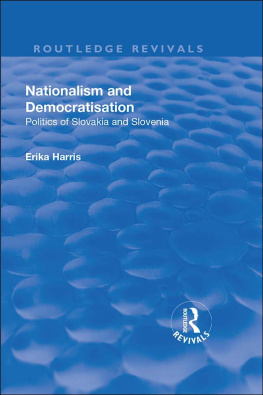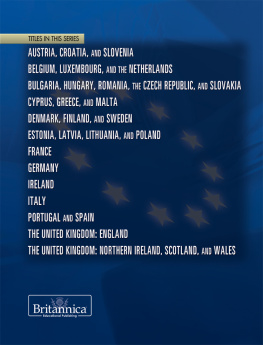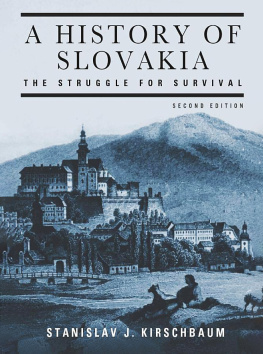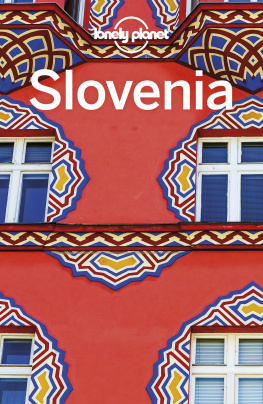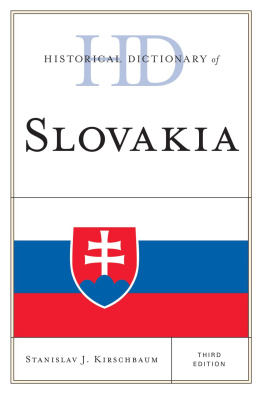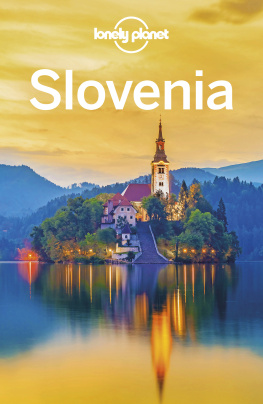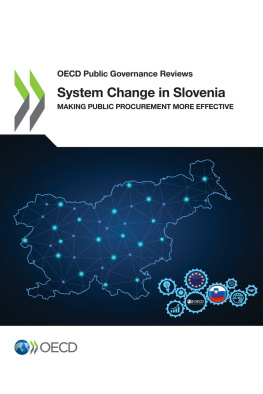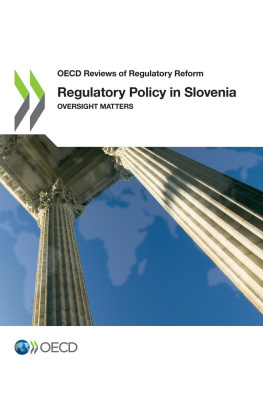NATIONALISM AND DEMOCRATISATION
First published 2002 by Ashgate Publishing
Reissued 2018 by Routledge
2 Park Square, Milton Park, Abingdon, Oxon OX14 4RN
711 Third Avenue, New York, NY 10017, USA
Routledge is an imprint of the Taylor & Francis Group, an informa business
Copyright Erika Harris 2002
The author hereby asserts her moral right to be identified as the author of the Work in accordance with the Copyright, Design and Patents Act 1988.
All rights reserved. No part of this book may be reprinted or reproduced or utilised in any form or by any electronic, mechanical, or other means, now known or hereafter invented, including photocopying and recording, or in any information storage or retrieval system, without permission in writing from the publishers.
Notice:
Product or corporate names may be trademarks or registered trademarks, and are used only for identification and explanation without intent to infringe.
Publishers Note
The publisher has gone to great lengths to ensure the quality of this reprint but points out that some imperfections in the original copies may be apparent.
Disclaimer
The publisher has made every effort to trace copyright holders and welcomes correspondence from those they have been unable to contact.
A Library of Congress record exists under LC control number: 2001098449
ISBN 13: 978-1-138-72967-4 (hbk)
ISBN 13: 978-1-315-18972-7 (ebk)
I wish to express my gratitude to the numerous individuals and the Economic and Social Research Council who supported me through the development of my PhD. thesis on which this book is based.
I wish to thank in particular to prof. David Beetham whose guidance, knowledge and advice have been invaluable to me in all my academic endeavours thus far, and to Dr. John Schwarzmantel for his constant support, practical and intellectual insight and encouragement which made the writing of this book a less arduous process. I extend a note of thanks to the Department of Politics at University of Leeds and all my colleagues there for providing a supporting working environment.
My appreciation goes to prof. Rudi Rizman and Alenka Kraovec for making my research in Ljubljana more pleasant and for keeping me up to date on Slovene politics when I could not be there personally. I wish to pay special tribute to the Institute of Philosophy at the Slovak Academy of Sciences in Bratislava for their incredible hospitality. I am deeply indebted to its Director Doc.PhDr.Tibor Pichler, to Doc.PhDr. Tatiana Sedov, Dr. Karol Kollr and Ing.Egon Gl and many others there for their friendship, and for helping me to rediscover the country I left many years ago. I also want to extend a note of thanks to prof. Oren Yiftachel for keeping the debate about nationalism going and to Dr. Kieran Williams for his much appreciated comments.
Finally, my deepest gratitude goes to my husband Julian, for his patience and unwavering faith in me. It is to him that this book is dedicated.
ANO Alliance of New citizen
DS Democratic party (Slovakia and Slovenia)
D Democratic Union
ECE Eastern Central Europe
Egyttlls Coexistence
SCE Conference on Security and Cooperation in Europe
SSR Czechoslovak Socialist Republic
CSFR Czecho-Slovak Federal Republic
DEMOS Democratic Opposition of Slovenia
DeSUS Democratic Party of Retired People
EU European Union
HSLS Hlinkas Slovak Peoples Party
HzDS Movement for Democratic Slovakia
IMF International Monetary Fund
JNA Yugoslav National Army
KDH Christian Democratic Movement
KS Communist Party of Czechoslovakia
KSS Communist Party of Slovakia
KVP Kosice Government programme
LCS League of Communists of Slovenia
LCY League of Communists of Yugoslavia
LDS Liberal Democratic party
MK Hungarian Coalition
MKDH Hungarian Christian Democratic Movement
NATO North Atlantic Treaty Organisation
NC SR National Council of the Slovak Republic
NSi New Slovenia
ODS Civic Democratic Party
OSCE Organisation for Security and Cooperation in Europe
SMER Direction
SMS Party of Young people of Slovenia
The year 1989 marked a turning point in world history. The rigid division of Europe into East and West, the bipolarity and the predictability of the Cold War system and the merciless suppression of political changes in the region which lasted for nearly half of the century disintegrated within two years. By 1991 communism as a political system was dismantled, the Eastern Central European countries have liberated themselves from Soviet tutelage and the three multinational communist federations, the Soviet Union, Yugoslavia and Czechoslovakia, have been dissolved. The subsequent establishment of democratic structures in all successor states, for all its modernising and emancipating efforts, was accompanied by many ethnic and national conflicts.
A decade later three things are clear: first, postcommunism became synonymous with democratisation, second, postcommunist transitions to democracy produced greatly divergent outcomes and third, democratisation was inseparable from the issues of the nation. It is the conjunction of those three issues, postcommunism, democratisation and the nation which constitutes the realm of the following study, whilst the subject of the analysis is the link between them. Most of academic endeavour into postcommunism has been consumed by the exploration of political, economic and social transformation which as challenging as it was, nevertheless, proved less problematic than the transformation of national and ethnic identities commanded by the magnitude of political changes. This book will diverge from the more conventional accounts of postcommunism and seek to explain the transition from communism to democracy by magnifying one major element of the transition process - the nation and its identity.
Objectives
The book is concerned with the relationship between nationalism and democracy in a particular setting: the larger framework is postcommunist Eastern and Central Europe, the focus is on newly independent democracies, explored through the case studies of Slovakia and Slovenia. The purpose is to seek an answer to two related questions about what is the role of nationalism in the democratisation process, and under what conditions nationalism is less or more compatible with the democratisation process. The complex dynamics that characterise the relationship between nationalism and democracy will be discussed at length throughout, but the first point to convey is that the role of nationalism in the democratisation process cannot be generalised and constitutes a complex process in itself, conditioned by the political context of the society undergoing the transition to democracy. The political context will be viewed as an aggregate of factors contributing to and determining the equilibrium between nationalism and democracy: the stage of national development, the conditions and circumstances surrounding the achievement of independent statehood, the previous regime and the period prior to that, the formation of transitional elites and the stage in the transition, and finally, the issues of ethnic composition and harmony within the state. The broad range of factors taken into consideration indicates that this book adopts if not a sympathetic, but an objective attitude to nationalism which it views, for better or worse, as an integral part of the turbulent and all-encompassing changes in new states, seeking a direction, for the first time under democratic conditions.

